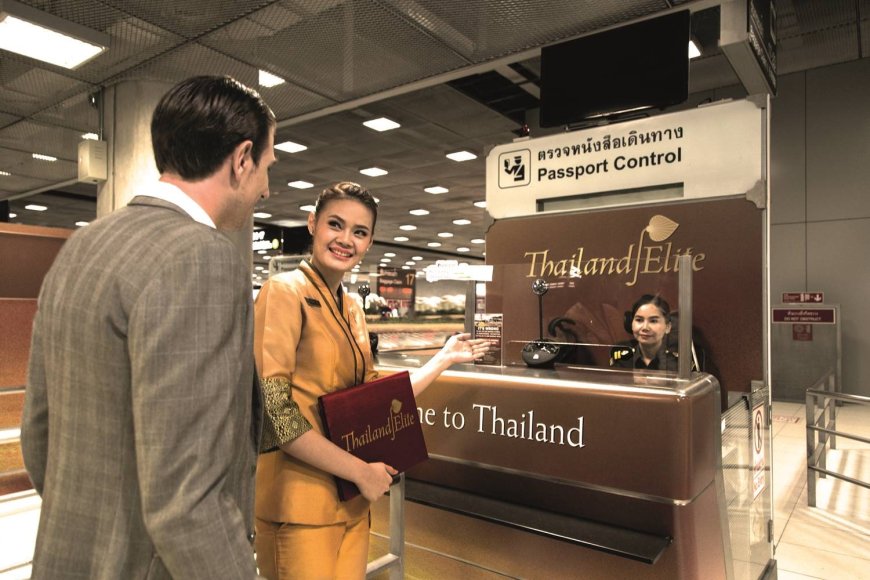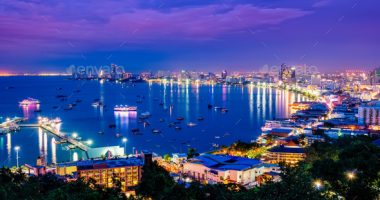Thailand, known for its vibrant culture, stunning landscapes, and warm hospitality, attracts visitors from around the world. If you’re planning an extended stay in Thailand, it’s important to understand the visa options available to ensure compliance with immigration regulations. In this article, we provide a comprehensive guide to the visa options for staying in Thailand legally, highlighting the different visa types, their requirements, and duration of stay permitted.

1. Tourist Visa (TR):
The Tourist Visa, or TR Visa, is suitable for short-term stays and is typically issued for 60 days, with a possible extension of an additional 30 days. This visa allows visitors to engage in tourism-related activities but does not permit employment. It is ideal for those planning a vacation or a short visit to explore the country’s attractions.
2. Visa Exemption:
Citizens of certain countries may enter Thailand without a visa for a limited period. The duration of the visa exemption varies depending on the nationality and is usually 30 days for tourism purposes. It is important to check if your country is eligible for a visa exemption and comply with the immigration regulations.
3. Education Visa (ED):
The Education Visa, also known as the ED Visa, is designed for those who wish to study or participate in educational programs in Thailand. This visa allows for an extended stay, usually up to one year, depending on the duration of the educational program. Applicants must be enrolled in a recognized educational institution in Thailand and provide relevant documentation.
4. Business Visa (B):
The Business Visa, or B Visa, is suitable for individuals conducting business activities in Thailand. It allows for a longer stay compared to tourist visas and can be issued for multiple entries. The duration of stay varies depending on the specific business purpose and is typically 90 days per entry. Applicants must have a legitimate business reason and provide supporting documents.
5. Retirement Visa (O-A):
The Retirement Visa, also known as the O-A Visa, is designed for individuals aged 50 years or older who wish to retire in Thailand. This visa allows for an extended stay of up to one year and can be renewed annually. Applicants must meet specific financial requirements and provide documentation to prove their retirement status.
6. Work Permit:
For individuals seeking employment in Thailand, a Work Permit is required in addition to an appropriate visa. Work Permits are typically sponsored by an employer and are specific to the job position and company. It is essential to obtain the correct visa type, such as a Non-Immigrant B Visa, before applying for a Work Permit.
Conclusion:
Staying in Thailand legally requires understanding the visa options available and adhering to immigration regulations. Whether you’re visiting for tourism, education, business, retirement, or employment purposes, there are specific visa types to suit your needs. From the Tourist Visa to the Retirement Visa and Work Permit, each option has its own requirements and duration of stay permitted. It’s crucial to consult with the Royal Thai Embassy or Consulate in your home country or seek professional advice to ensure compliance and a smooth visa application process. So, plan your stay in Thailand wisely, obtain the appropriate visa, and enjoy your time exploring the vibrant culture and enchanting beauty of the Land of Smiles.









